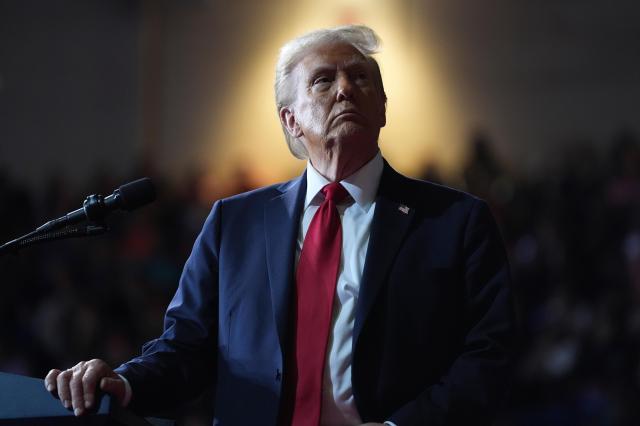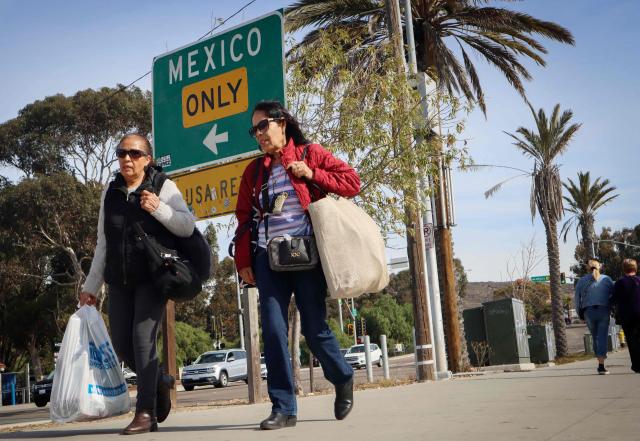
Donald Trump made the announcement on Monday on his social media Truth Social, saying he would impose the tariffs on Mexico and Canada, "Until such time as drugs, in particular Fentanyl, and all illegal aliens stop this invasion of our country."
Trump also spoke of plans for an additional 10 percent tariff on Chinese goods, which could particularly impact Korean firms that shifted production to Mexico to bypass his first-term trade restrictions on China.
Korean investment in Mexico has surged since the implementation of the U.S.–Mexico–Canada Agreement (USMCA), which replaced the 1994 North American Free Trade Agreement (NAFTA) in 2020.
Investment jumped from US$11 million in 2020 to US$396 million in 2022, with about 2,000 Korean companies now operating in Mexico, drawn by the trade agreement's tariff benefits and Mexico's strategic location for the North American market.
Hyundai Motor Co.'s sister company Kia, which operates a 400,000-unit annual capacity plant in Mexico's Nuevo Leon state, exported about 155,000 vehicles to the United States last year, representing over 60 percent of its Mexican production of 252,000 units.
Global tech giant Samsung Electronics and consumer electronics maker LG Electronics, which use their Mexican facilities as key export hubs for North and South American markets, could also face significant disruption to their supply chains.

"If the 25 percent tariff is implemented, exports to the U.S. would essentially have to be abandoned," said Lee Hang-koo, director of the Jeonbuk Institute of Automotive convergence Technology (JIAT).
"This could lead to a major reorganization of the entire North American automotive supply chain."
Industry analysts predict Korean exports could decrease by up to 62.75 trillion won (US$44.9 billion) if Trump's tariff measures extend beyond Mexico, Canada, and China.
The potential impact could prompt companies to consider expanding their U.S. production capacity.
U.S.-based operations such as Hyundai Motor Group's recently launched 300,000-unit Georgia Metaplant (HMGMA) and LG Electronics' Tennessee factory may make up for the Mexico outputs, but may face high labor costs and low manufacturing workforces.
The Korea Institute for International Economic Policy suggested in a recent report that Korea should leverage its significant U.S. investment track record as a negotiating tool, noting that Trump's first administration had shown flexibility in tariff implementations through phased approaches and ongoing negotiations.
Copyright ⓒ Aju Press All rights reserved.





View more comments